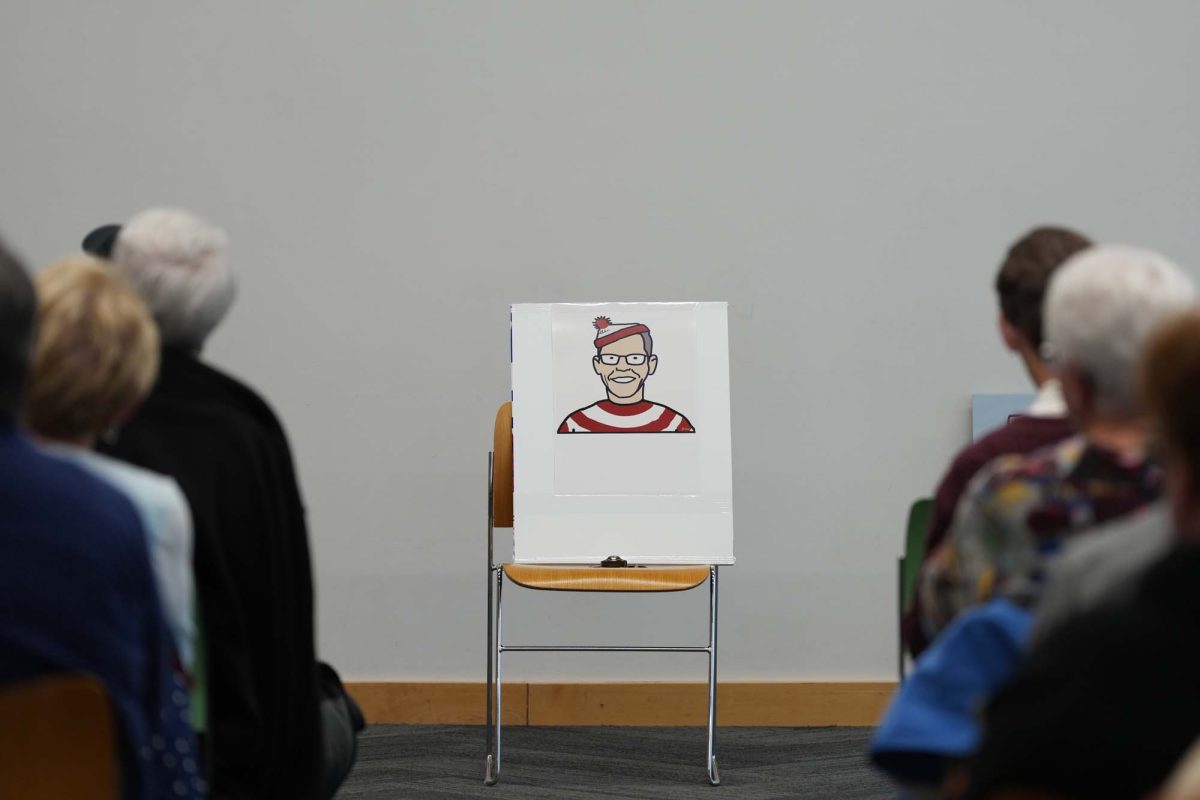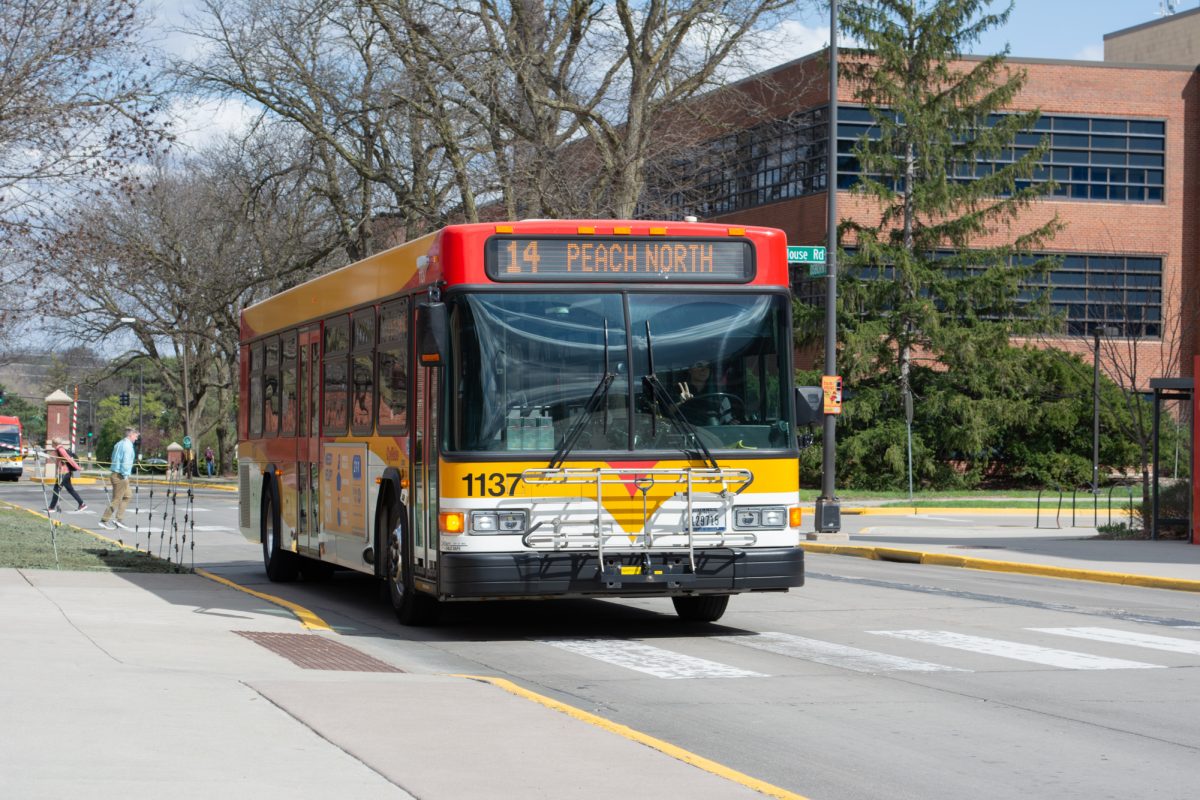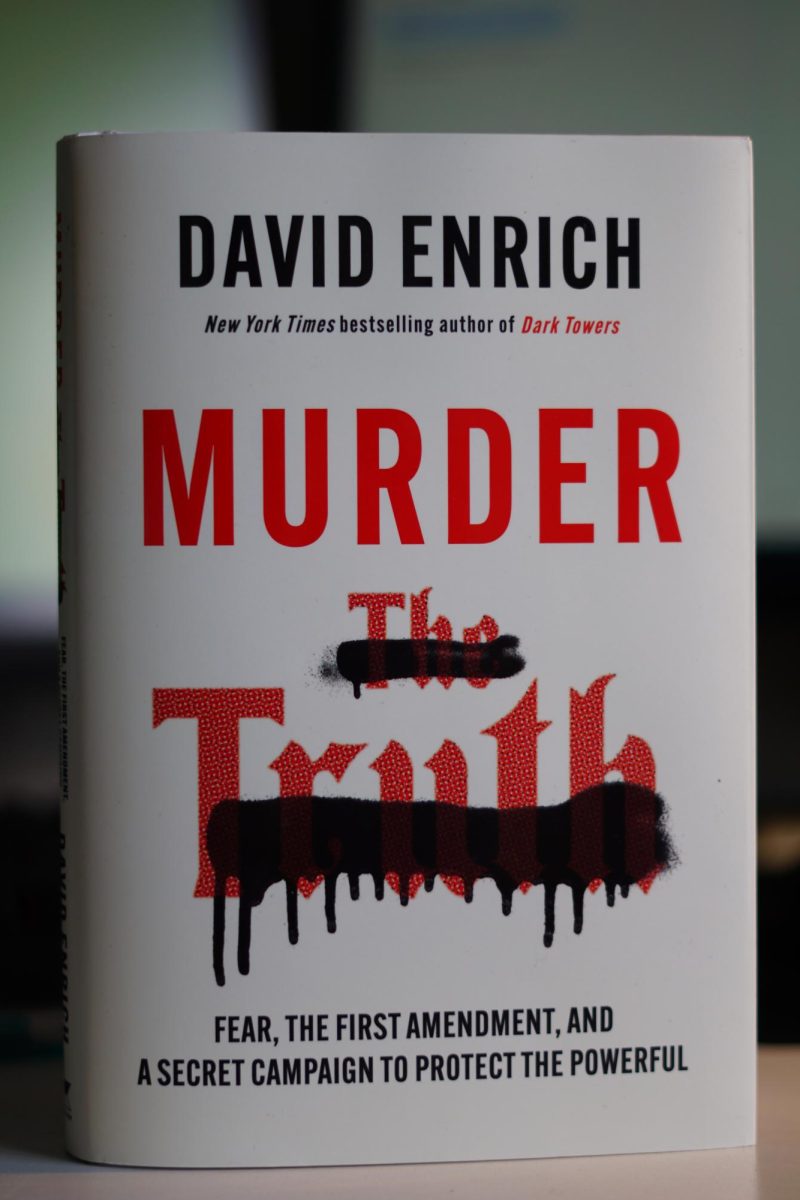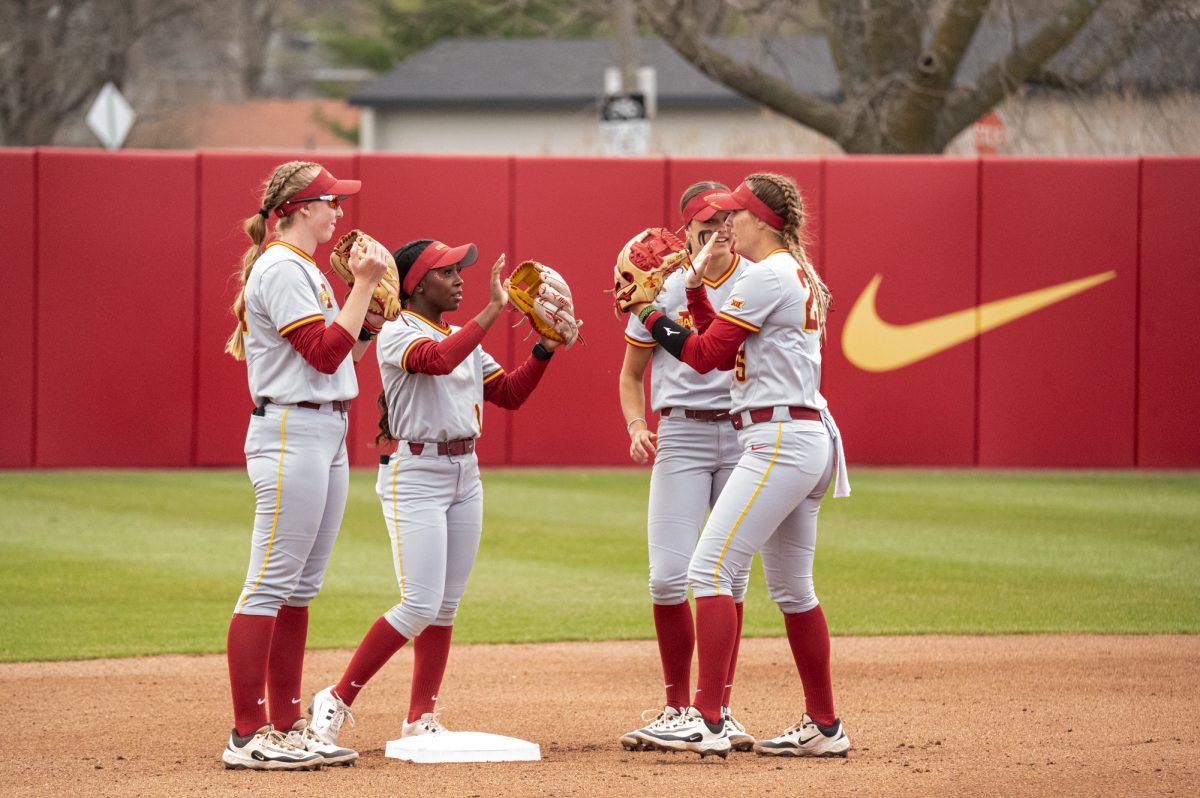Cigarette hike puts out smokers
December 10, 1998
A recent 45 to 50 cent increase per pack of cigarettes has some venders and students upset and expecting a decrease in tobacco sales and use.
The increase is caused by Big Tobacco’s efforts to meet a recent $206 billion settlement with 46 states to help pay for smoking-related medical care.
Though cigarette prices have risen in the past, this increase will be one of the more significant hikes, and some venders expect sales to decrease during the next few months due to the expense.
“We’ve had some complaints. Some people say the price is too high, and they are going to be quitting; some say that they are going to keep smoking but maybe not as much,” said Randy Gehling, store buyer at Cub Foods, 3121 Grand Ave. “It will probably hurt our sales, but you’re still going to have those people that do buy them.”
Gehling said the added charge also may make consumers more aware of what brand they choose to buy.
“I think what you’re going to have is a lot more price-conscious customers,” Gehling said. “They might be going to the cheaper brand now — discount brands instead of premium.”
Gehling said the last time tobacco prices were raised — 10 cents a pack in August — was “nothing this dramatic. The daily smokers noticed it, but this price increase is pretty hard to not notice.”
Brooke Brewington, manager of Kum & Go, 203 Welch Ave., said prices leapt from about $2.65 a pack up to $2.99 in one day last week; however, the price may have not taken full effect on smokers yet because of a sale that will continue until the end of December.
“I assume we will see [the price increase] affect sales, but we haven’t yet,” Brewington said. “In other areas, I know they have [had an effect on sales].”
Brewington said the increase has created some unhappy customers.
“After it first happened, there were a few [complaints],” Brewington said. “Just a lot of people saying they were going to quit.”
Some health administrators hope the increase will motivate consumers to either quit or cut back on their smoking habits.
“I think it’s probably [a price increase] sizable enough that we will be able to see some changes in smoking patterns,” said Randy Mayer, Student Health Center interim supervisor of prevention, education and outreach. “I think the tobacco industry help[ing to] prevent people from starting to smoke is a good thing. The settlement has some good points to it, and I’m glad to see that some of these things are happening.”
Mayer said the current price increase may have a similar outcome as a Canadian study.
According to a 1979-91 Canadian study from the Surgeon General, teen-age smoking decreases at about the same rate as the prices of cigarettes increase.
Gehling agrees the increase in cost may help prevent smoking.
“I think the best thing about it is it’s going to keep children away from buying cigarettes,” Gehling said. “Hopefully, that deters those just turning 18 from purchasing cigarettes, too.”
Though Jill Benson, freshman in political science, does not agree with the increase in price, she said it will motivate her to cut back on smoking.
“I think it’s pretty steep, but it’s definitely something that’s made me want to quit smoking,” Benson said. “Right now, I’m at half-a-pack a day, and hopefully I’ll be down to none as soon as I can.”
Benson, who used to smoke one-and-a-half packs a day, said the increase will probably encourage other students to quit smoking.
“I think eventually the goal is to make it so people just can’t afford to smoke, but I think that will take a while,” Benson said. “I think students will be the group that is hit the hardest because we are some of the poorest.”
Bryan Hoffa, junior in business management, said many students will probably “find a cheaper habit.” He does not think customers should be the ones paying for the settlement.
“I think it’s ridiculous because it’s the people that are smoking that are paying for the settlement instead of the tobacco company,” Hoffa said. “It’s mostly rich people getting richer.”
Hoffa, who has been smoking a pack-and-a-half a day, plans to quit because of the price increase.
“Basically, it is due to price that I have decided to quit, more so than health,” Hoffa said. “I think a lot of people will quit because of [the increase]; if that’s what the government wants, that’s what will probably happen.”
Some nonsmokers do not agree with the government-required increase.
“Personally, it doesn’t really bother me at all. I don’t smoke; I really don’t think the government should put all these taxes on cigarettes as much as they are,” Brewington said.
But for some international students, the increase is not much different than prices at home.
“[The increase] doesn’t matter; I used to spend $3 a pack in Japan,” said Kui Izuni, junior in mechanical engineering.






